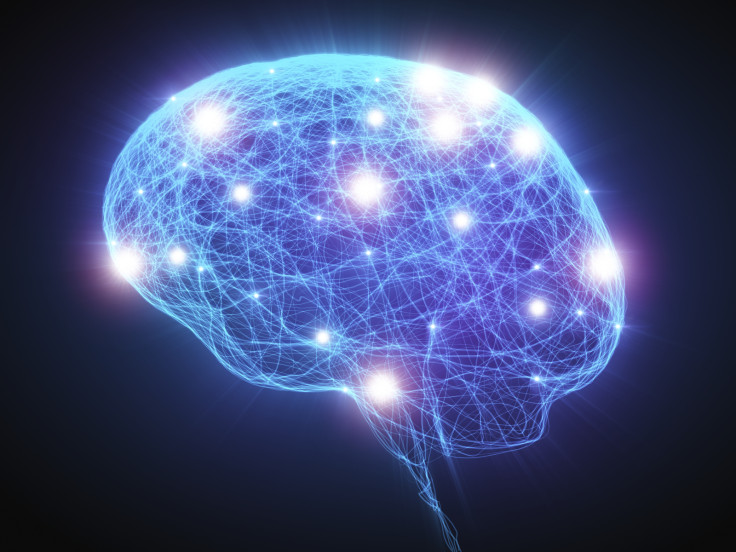Developing brain connections make teenagers impatient and impulsive

Teenagers are impatient because developing brain connections make it difficult for them to see the benefit of waiting longer for a larger reward.
There are numerous studies showing impulsivity in adolescents and this often results in them partaking in high-risk behaviour. This correlates with accidents from alcohol or drug use, or increases to accident and emergency departments.
However, the underlying reason for this increased impulsivity during adolescence is poorly understood.
Researchers from the Max Planck Institute for Human Development in Berlin have investigated the developmental changes in the structure and functional connections of an area of the brain involved in planning and inhibition.
The study, published in the journal PNAS, showed impatient behaviour on a decision-making task is related to changes in the connectivity within the frontostriatal circuitry.
The scientists were looking specifically at impatience and if heightened impatience among teenagers is because of disregard for future outcomes or from oversensitivity to immediate rewards.
Researchers used 50 participants and gave them a series of choices while they were inside an MRI machine. They were given two amounts of money and two different time scales – either a lower amount immediately or a larger amount at a later date, or a smaller and larger amount but with both dates in the future.
Study author Wouter van den Bos told IBTimes UK: "They just have to decide which one they want. But if someone says 'well I can wait six weeks', we also have other questions – the same amount but can you wait six months. We have all these different questions, so for every person we can find where the point is where they switch – no that wait is too long I'll take the €10 now.
"This switch point is an indication of how impatient you are. We find children switch earlier to the now option. Or another way is to make people wait is to increase the amount. So that's what we do – we change around the delays and the amounts.
"Of course even for kids if the amount in the future is really high they can definitely wait – so they can do it, but it must be very clear the benefits must be very clear for waiting."

Findings showed adolescents were not motivated by the immediate reward but that the switch point was lower in terms of waiting compared to young adults.
Van den Bos said there could be a number of reasons for this, which they hope to study further with more real-life scenarios. "To wait forever is also not a good thing – for anybody," he explained. "We don't know what the future will be like. So the further something is in the future, the more uncertain it becomes.
"For adults, they might have a better view of what the coming years might happen – it's probably very stable. In the beginning years of adolescents there's lots of things changing – high school, new friends. But it's really hard to imagine what's going to happen in three years' time. It's also important in that age to establish yourself in this new social group and to get a lot of stuff done in a short space of time.
"So it might be adaptive to be focused on goals that are not so far in the future for that period."
It's really hard to imagine what's going to happen in three years' time. So it might be adaptive to be focused on goals that are not so far in the future for that period
In terms of testing this impulsivity in real-world scenarios, Van den Bos said they would like to see the same behaviour in more real-world situations – from going to the movies today or waiting for a music concert in several weeks, for which they would need to save money and miss out on other social engagements.
He said: "Maybe in this abstract way they can reason quite well about what they want. They might be even more impulsive."
In another line of future study, he said they plan to look at different forms of impulsivity – in conditions such as ADHD, smokers and adults with gambling or drug addictions, all of whom score low on the impulsivity test.
Van den Bos said: "I think the method we used to look at the brain in such level of detail can help figure out what's underlying that impulsivity. We know drug addicts and gambling addicts and ADHD, they all score low on this task. But it might be for different reasons.
"We don't think drug addiction is the same as ADHD – but the behaviour might be the same. Looking at the brain can really help to disentangle which part of the system is important."
© Copyright IBTimes 2024. All rights reserved.






